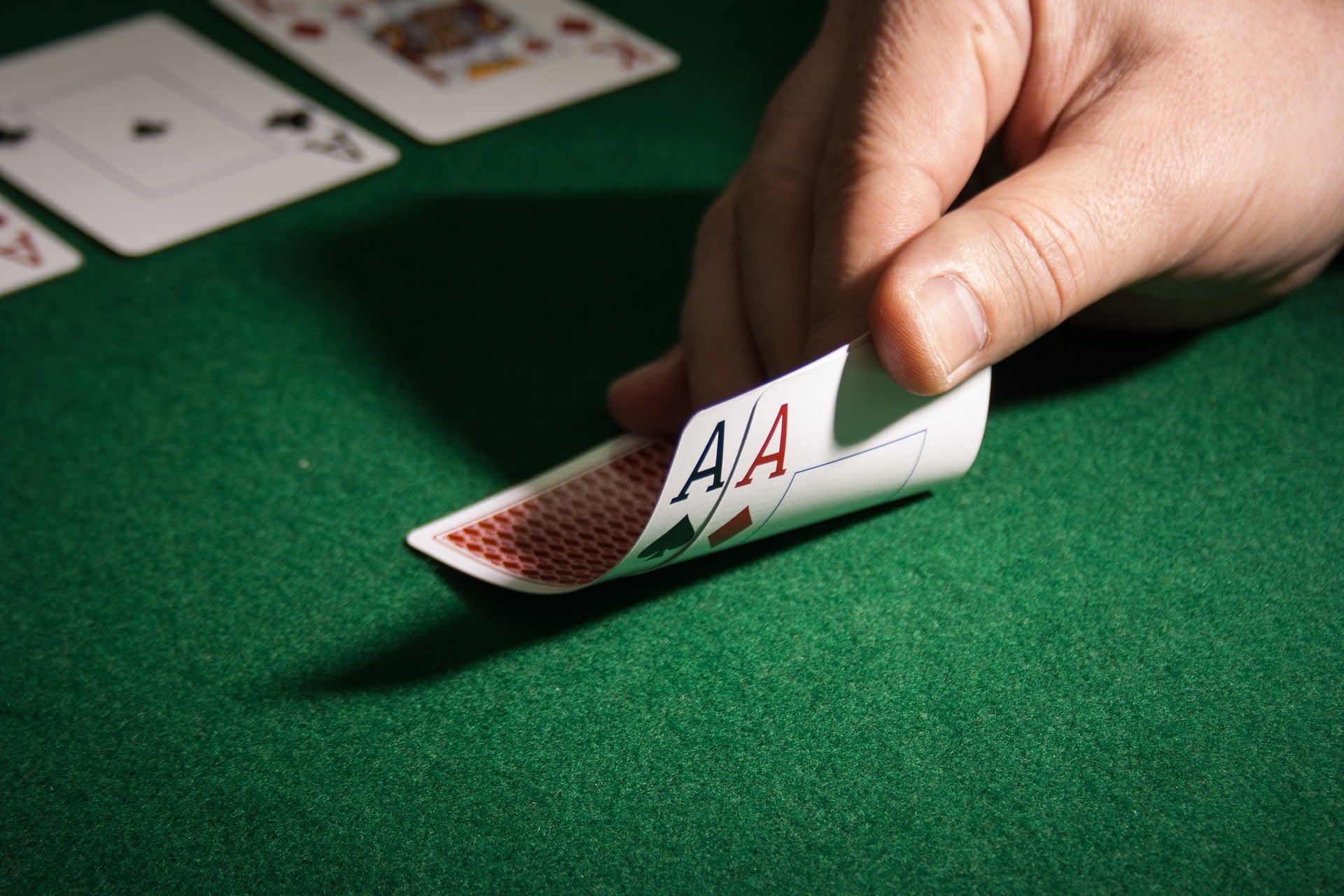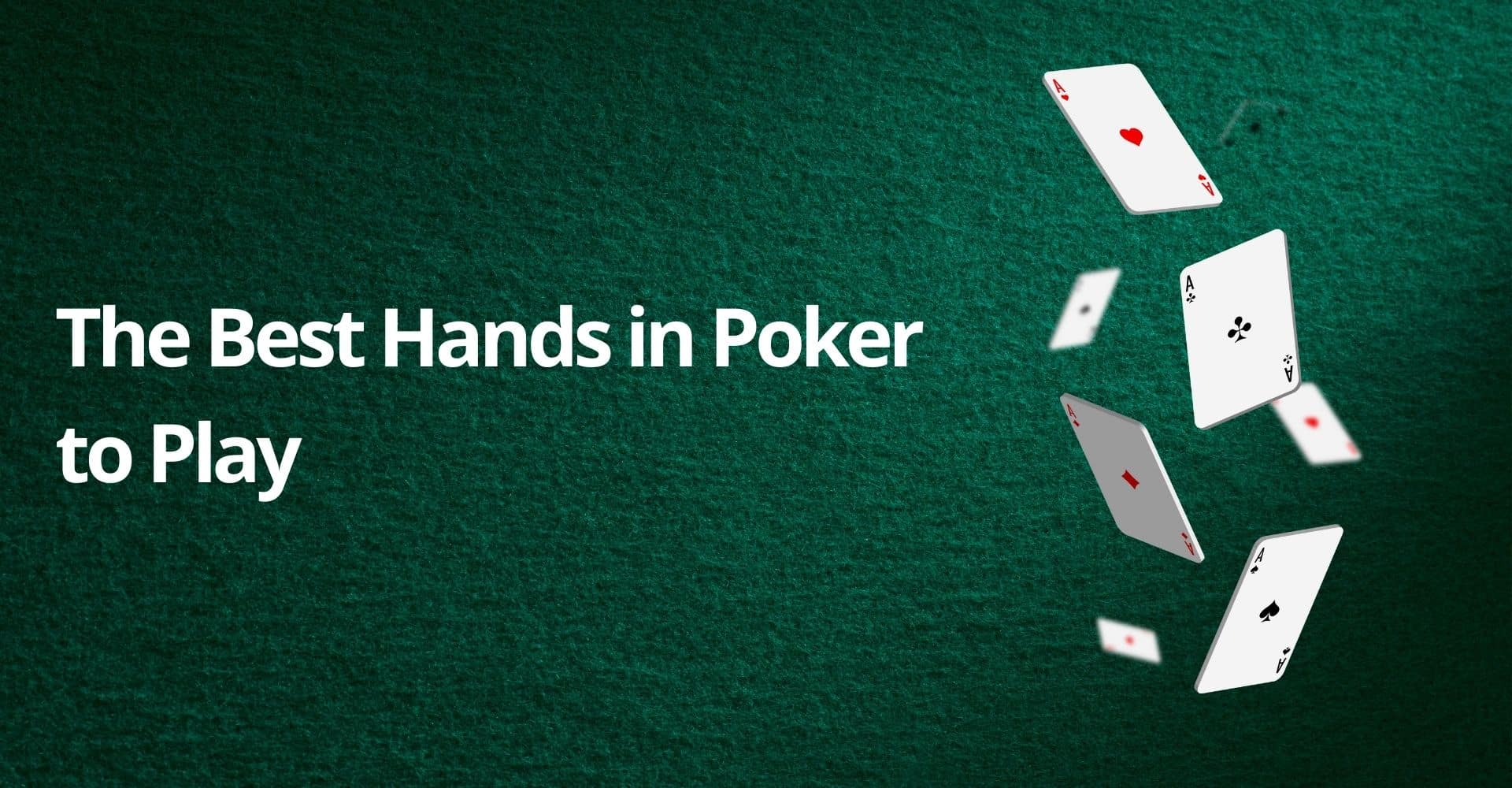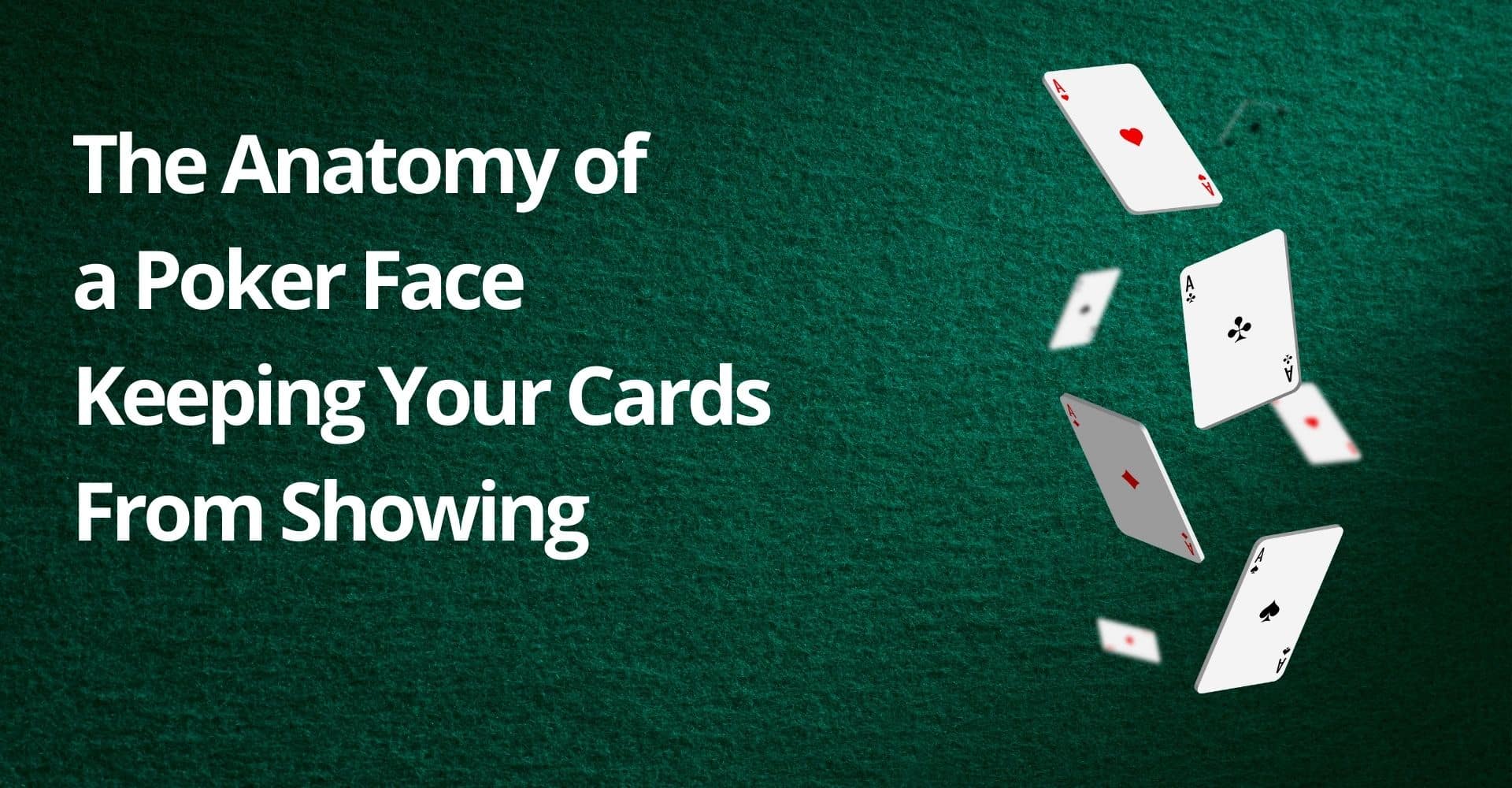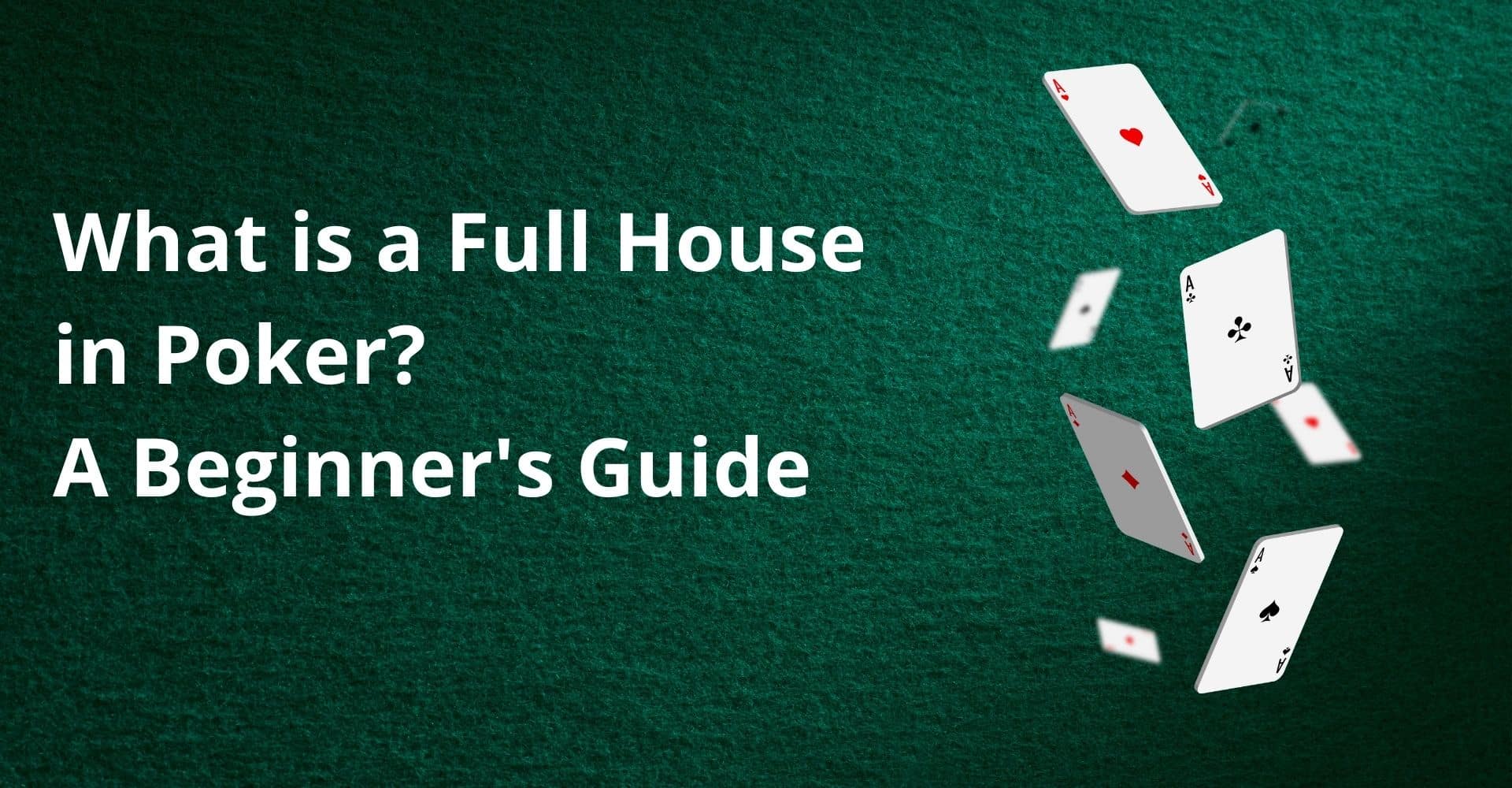If you want to know what it takes to get to the top like Tony G and how to win at poker, you’ve come to the right place. Today, we’re breaking down the best-kept secrets of poker and what it takes to improve your game. Without further ado, let’s jump right into it.
Top 10 Poker Tips for a Better Game
Before we go on to talk about the best poker strategies, it’s important to know that poker, like anything in life, comes with a lot of uncertainty. There’s no one thing to guarantee your win, no matter how good you are.
With that said, there’s a lot you can do to improve your game and stack the odds in your favor a bit more. Let’s see what those are.
#1 Know the Rules, Positions, and Rankings
If you’re a beginner, chances are, you’re simply not going to follow all poker rules, positions, and rankings off the top of your head. But if you want to learn how to win at poker, you’ll need to be familiar with all of them. You should also know how and why they can impact your game.
If you’re struggling with the poker rankings, here’s a quick cheat sheet to help you learn what is a winning hand in poker. There, you can learn about hand rankings, tiebreakers, lowball poker credits, and more.
#2 Use Your Position to Your Advantage
When you sit down to play poker, always remember that position is power. Positions change hand-by-hand and it’s crucial to know the pros and cons of each spot and how to make the most out of yours.
For example, if you’re in an early position when you are the first to act, you might have to face a raise or a re-raise. However, in a late position, you’ll have more information on your opponents and what they might be holding.
Not only that, but the position will also determine which hand you’ll raise and call and how aggressive you should be before and after the flop.
#3 Start at Low Stakes and Work Your Way Up
If you’re still unsure about your game and don’t know how to win at poker, your best bet is going to be low-stakes games. They can help you hone your skills and learn from your mistakes without losing too much.
Also, playing at a low-stakes table will enable you to see the whole picture and get a better feel for the game. It’ll help you understand positions, hand rankings, when to be aggressive, and the odds that are against you.
#4 Know the Poker Odds
Speaking of the odds, knowing which hands work in your favor and which don’t plays an important role in knowing how to win at poker. Say that there’s $100 in the pot and the bet to you is $50. You’re effectively getting 2:1 on your money.
Now, it might be difficult to always calculate the odds when you’re in the moment or if you’re still a beginner. Luckily, there is a free Texas Hold’Em poker odds calculator to help you calculate your chances at a moment’s notice.
#5 Play a Balanced Range
There are too many players out there (even pros) that never mix it up, which is why you can often guess what hand they have. Playing a balanced style of poker will help you keep your opponents on their toes and will make you seem less predictable.
Poker is often a game of deception, which means that if you don’t know how to bluff or play a balanced range, you probably won’t get very far. So sometimes, check-raise a flopped flush draw, and call it in other situations. Don’t be afraid to mix it up.
#6 Think About Your Opponents’ Cards
There are many factors to help you determine what your opponent has and it’s what could make or break a game for you. You should think about their position, and what hands they could open from there.
Also, you should think about the post-flop action of your opponents because it suggests their hand. Checking or betting can indicate their potential strength or weakness.
You should also use board texture as an important factor because players are less likely to have many strong hands or dry boards compared to connected ones. Finally, the time it takes your opponent to decide and the sizing they’re using can tell you loads about their hand.
#8 Know When to Fold
Knowing how to win at poker will also sometimes mean knowing when to fold. While it sounds counterintuitive, knowing which hands to fold to avoid losing big has to be in your playbook.
If you’re at the table with a passive player who only calls, and then suddenly they begin raising, you should consider folding – even on strong hands. In the long run, you’ll be doing yourself a big favor by folding one pair of hands to avoid losing the game.
#9 Understand the Concept of GTO
Earlier on, we mentioned the importance of knowing your poker lingo, positions, and hand rankings. The same thing goes for Game Theory Optimal (GTO) play. It’s a strategy in which players have to try to play a perfect style. It has to be rooted in balanced ranges and mathematical-based models.
In theory, if you can properly execute GTO play, you’ll avoid making mistakes and it would just be down to luck. Of course, perfecting the GTO style takes a lot of time and practice, but knowing how and why it works is a great step toward knowing how to win at poker.
#10 Never Play Above Your Head
Poor bankroll management is probably one of the biggest reasons so many players go bust. Poker is a game in which it takes money to make money but that doesn’t mean you should be betting with money you can’t afford to lose.
A good rule of thumb is to have at least 25 times the buy-in for the game you’re playing. If you’re still unsure of your skills, start at micro and small stakes tables and work your way up.
To Sum Up: How to Win at Poker
These were just some of the tips, tricks, and strategies to help you learn how to win at poker. But remember, it’s still a game of luck, so being patient and keeping a cool head is key.
If you choose the right games, know when to fold and when to be aggressive, and follow some of these tips, you’ll be well on your way to making your name in poker – just like Tony G.






